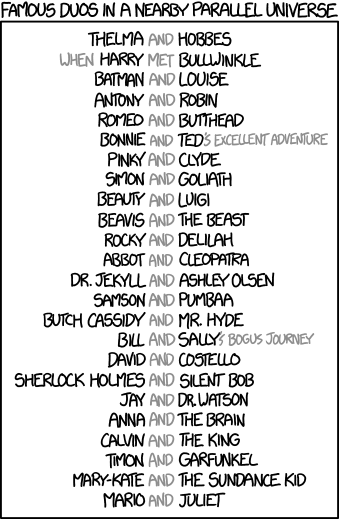Mark Metcalf writes:
Since Language Log addresses lots of interesting language-related issues, I was wondering if you'd ever encountered a problem with Chinese PDFs being incorrectly displayed on an iPad. I searched the LL website and didn't find it previously addressed. I also unsuccessfully searched the Web for solutions.
Here's the issue: Last week I downloaded several articles from CNKI and they all display correctly on my Windows machine. However, when I transferred them to an iPad the Chinese text was garbled. Since I haven't had iPad problems with Chinese PDFs from other sources, one thought is is that CNKI uses a modified PDF file format that can't be properly handled by the iPad OS.
Has anyone previously addressed this problem? If so, could you point me to a solution? If not, would you be interested in addressing this on 'Language Log'? Below I've attached before/after versions of the displays.
I asked several colleagues and students whom I've often observed reading Chinese PDFs on their iPads what their experience with CNKI has been. Here are a few of the replies that I received.
Read the rest of this entry »


